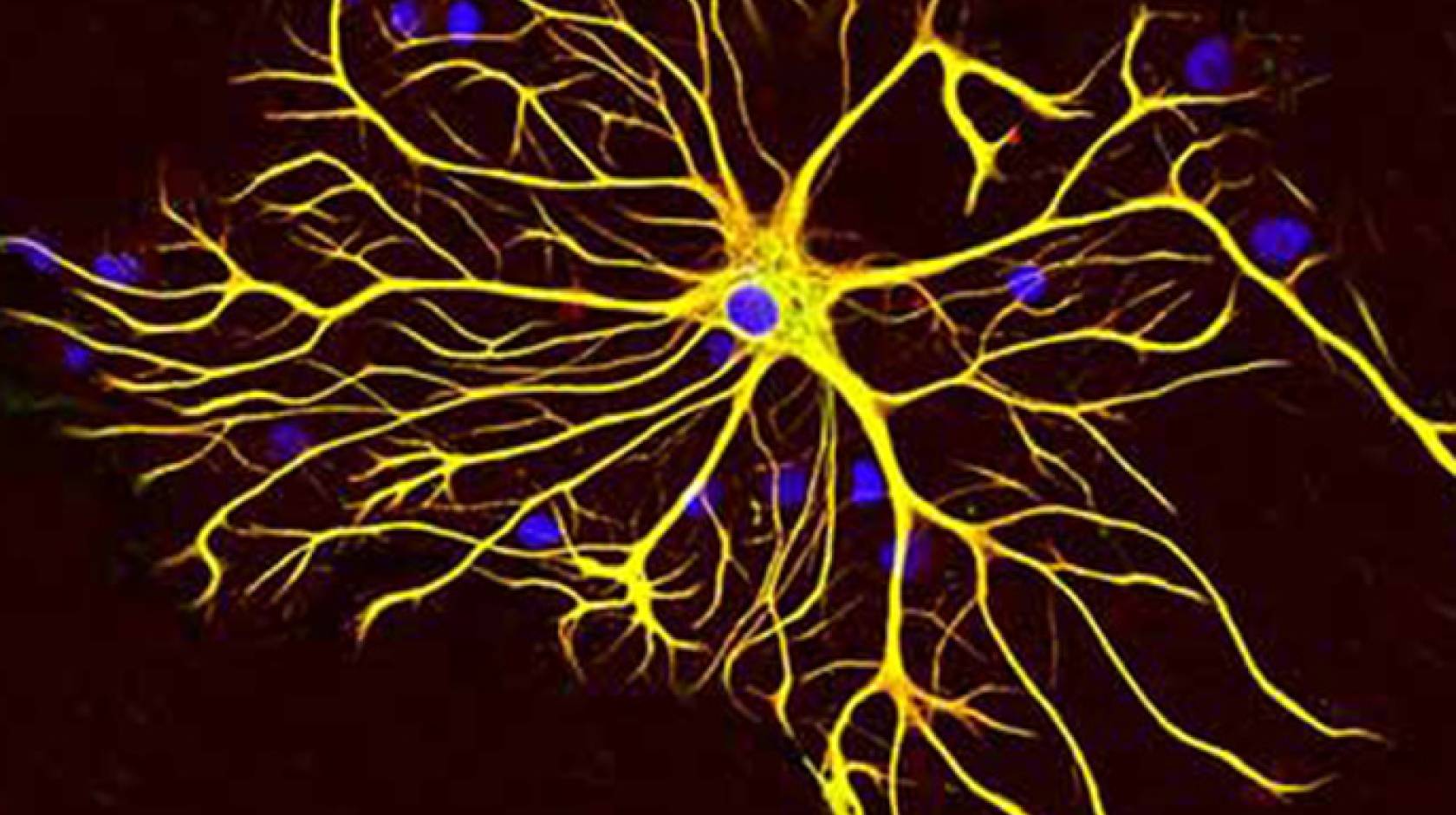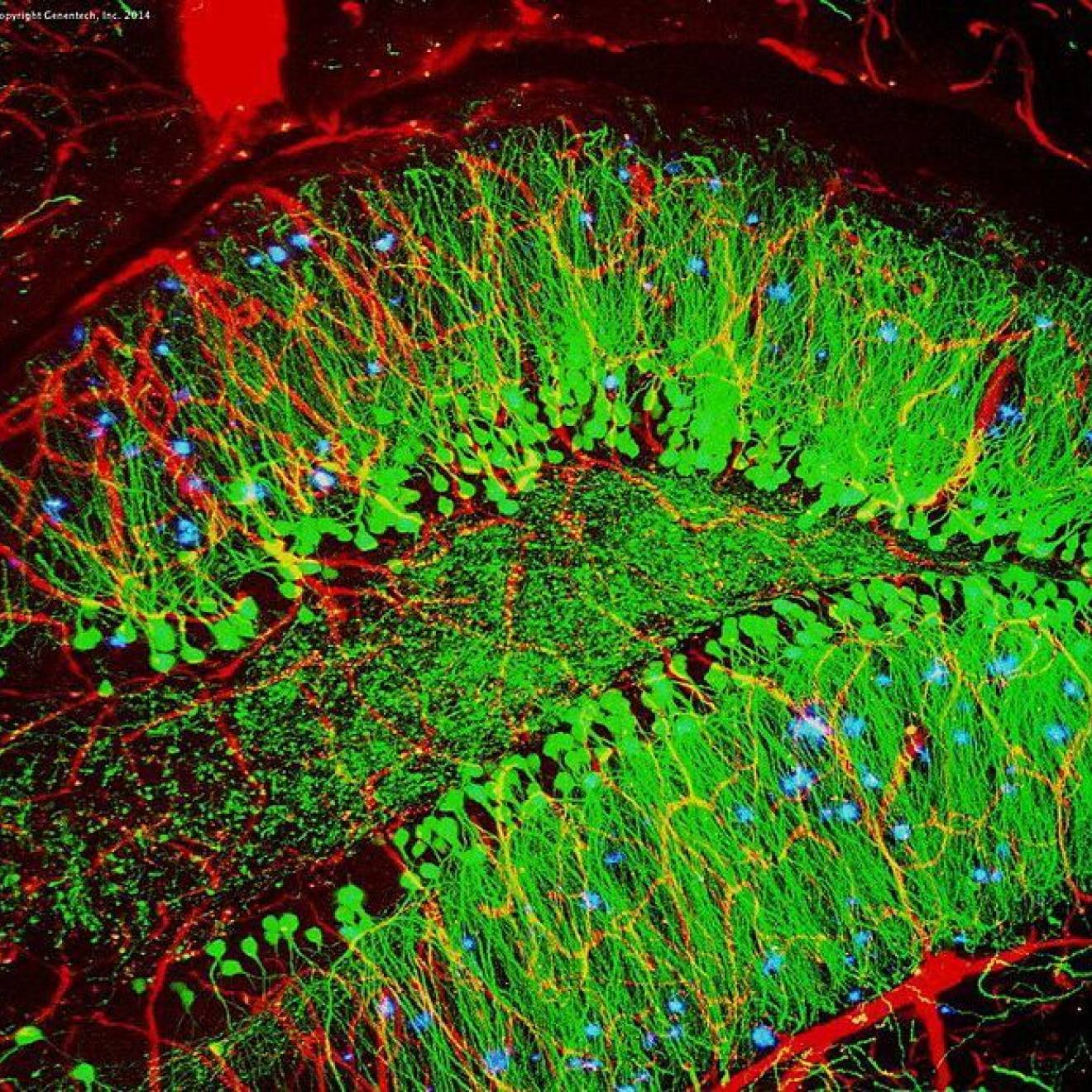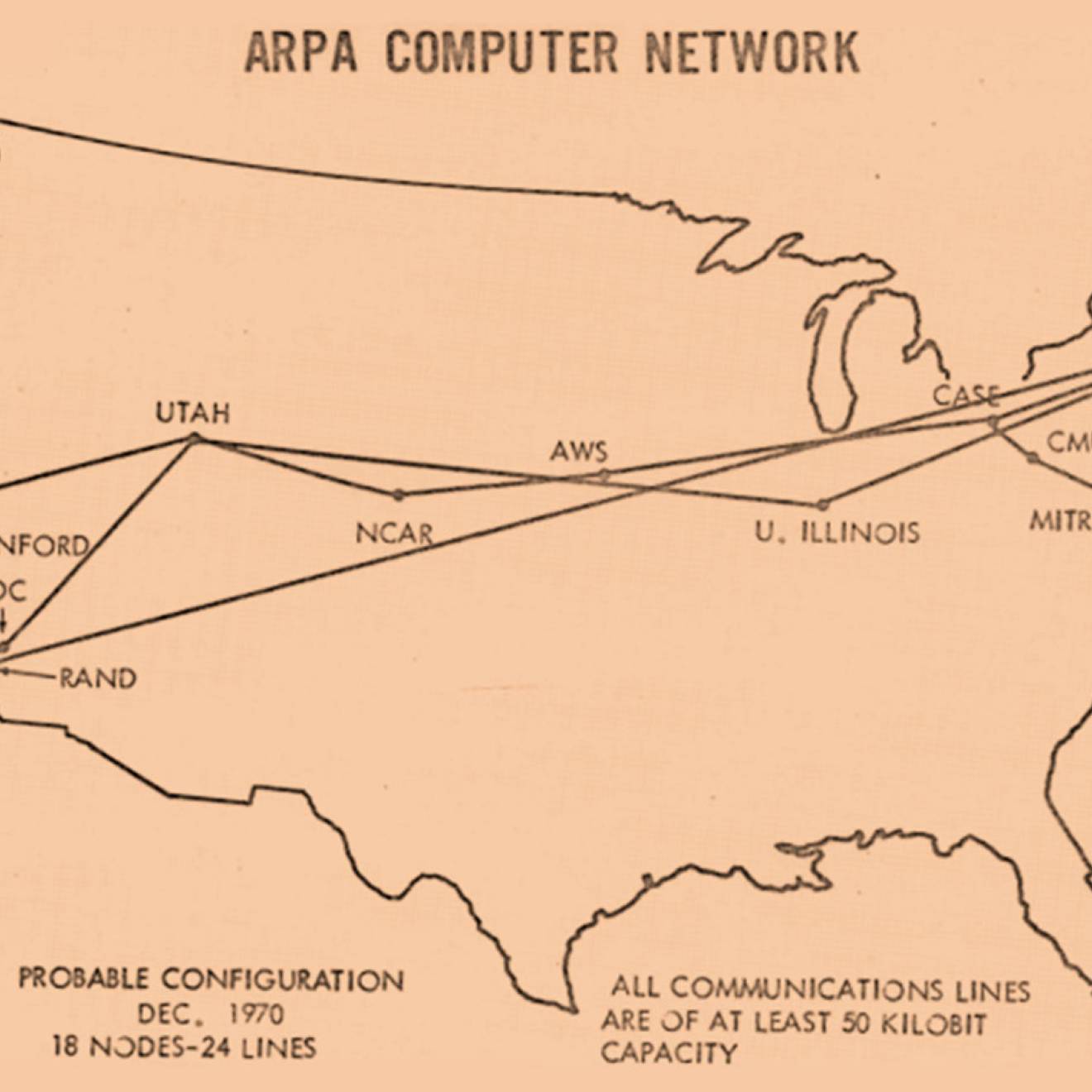UC Newsroom

University of California researchers from four campuses received five grants totaling more than $21 million in funding from the state’s stem cell agency to fight rare diseases affecting children.
The funding was part of $44.5 million awarded by the California Institute for Regenerative Medicine to address fatal conditions such as severe combined immunodeficiency and Tay-Sachs and Sandhoff disease, along with diseases ranging from cancer to amyotrophic lateral sclerosis, or ALS.
UC Davis
UC Davis researchers received two grants totaling more than $3.2 million, one aimed at addressing fatal early childhood conditions known as Tay-Sachs and Sandhoff disease, the other designed to develop an immunotherapy that would eradicate solid tumor cancer stem cells and create sustained anti-tumor effects.
William Murphy, professor of dermatology and internal medicine, and a specialist in cancer immunology, is leading a team that plans to target tumor cancer stem cells in aggressive malignancies such as breast cancer, pancreatic cancer and sarcomas. Working with colleague Robert Canter, associate professor of surgery, Murphy will use an immunotherapeutic cell product derived from placental stem cells to eradicate cancer stem cell populations in patients.
Joseph Anderson, an assistant adjunct professor of internal medicine and a stem cell researcher, is working to develop a therapy that would halt the progression of Tay-Sachs (and its more severe form, Sandhoff) disease, which is a rare, inherited and incurable disease that affects an infant’s central nervous system.
UCLA
UCLA received more than $7.6 million for a grant led by Lili Yang to genetically engineer immune cells to fight cancer. Yang, a member of the UCLA Broad Stem Cell Research Center, hopes to engineer the body’s immune system to give it the ability to attack and kill cancerous cells, while leaving healthy tissues unharmed. By genetically engineering blood-forming stem cells, Yang will generate a special kind of white blood cell that can both directly kill tumor cells and activate other immune cells to eradicate cancerous tumors.
UC San Diego
UC San Diego, working with UC Davis, received a $6.3 million grant to pursue a novel human embryonic stem cell-based therapy to rescue and restore neurons devastated by ALS, also known as Lou Gehrig’s disease. The condition, named after the New York Yankee baseball player famously stricken by the disorder, involves the progressive degeneration of spinal cord motor neurons, which control muscle movement, leading to paralysis and respiratory failure.
Building upon past research, scientists will conduct pre-clinical studies in advance of proposed human trials that would transplant neuronal stem cells derived from an established and well-understood human embryonic stem cell line into ALS patients. The neuronal stem cells would develop as astrocytes, providing new support for ailing motor neurons, thus extending their lives and function.
“Maintaining motor neuron survival would add years of fulfilling life to ALS patients,” said the team’s leader, Lawrence Goldstein, Distinguished Professor in the departments of Neuroscience and Cellular and Molecular Medicine and director of both the UC San Diego Stem Cell Program and Sanford Stem Cell Clinical Center.
UC San Francisco
UC San Francisco researchers received $4.3 million to complete the preclinical work needed to develop a therapy for children with severe combined immunodeficiency (SCID) caused by a defect in the ART gene. Children born with SCID have severely weakened immune systems, making it hard for them to fight infections. The standard treatment is a bone marrow transplant, but for children with the ART gene defect, who don’t have a matched sibling bone marrow donor, this can put them at increased risk for potentially deadly complications. The UCSF team hopes to use the patient’s own blood-forming stem cells, genetically modified to correct for the ART defect, to treat the children.
Overall, CIRM’s governing board has awarded almost $2 billion in stem cell grants, with nearly half of the total going to the University of California or UC-affiliated institutions.

